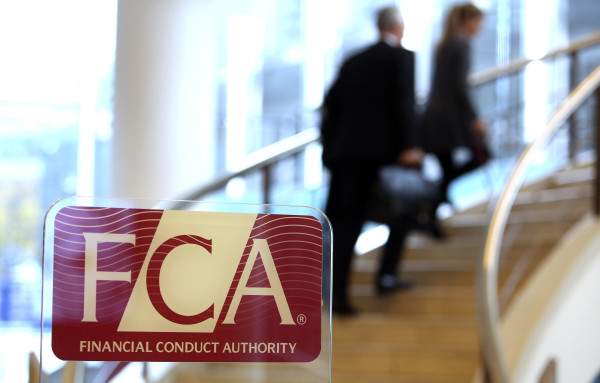

Pensions industry representatives have written a joint complaint to government ministers over new guidance from the Financial Conduct Authority, which they warn could see trustees deemed to be giving regulated financial advice.
The Association of Consulting Actuaries, the Pensions Administration Standards Association, the Pensions Management Institute and the Society of Pension Professionals wrote to Guy Opperman, minister for pensions and financial inclusion, and John Glen, economic secretary to the treasury, to protest the FCA’s move.
The financial watchdog’s latest consultation on advising on pension transfers warned attempts to provide illustrative transfer values by trustees, or to demonstrate the value of members’ benefits on the open market, could now be construed as advice.
The new stance would see a “significant minority” of schemes caught, and they “may need to change their retirement process or risk providing advice”, according to the industry leaders.
More importantly, they argued, it will “restrict pension scheme members’ ability to make informed decisions about their pension benefits”, leaving savers in defined benefit schemes in the dark about their options.
Pull back on engagement
The FCA’s consultation on pension transfers came as it attempts to tidy up a facet of financial advice that has been heavily criticised in recent years.
In January, it was revealed that the watchdog has written to more than half of the 2,500 companies operating in the area to express its concerns.
Some believe the regulator wants trustees to play a bigger role in stemming the flow of members leaving the security of DB schemes.
“My sense is the FCA would rather members of DB schemes didn’t transfer out,” said James Riley, president of the Society of Pension Professionals, before adding: “And in the majority of cases that’s probably the right answer.”
However, Mr Riley said the FCA’s proposal meant in many cases, those who might benefit from a transfer are left in the dark about their options.
“This is around educating members, this isn’t trustees looking to somehow discharge their liabilities,” he said. “Of course, they have to take independent financial advice anyway, so this is simply saying ‘here are a range of options’.”
Mr Riley explained that many DB schemes did nothing to help inform members of their options, while others simply provided a number for transfer values.
“And then there are some schemes that might say ‘you can transfer out £200,000, and as an indication, that might buy you an annuity of x, or you could get drawdown of y for 30 years or so’,” he said.
“Having tried to help members, there now seems the risk that what they have been doing can be considered overstepping the mark.”
He said schemes’ response will almost certainly be to reduce drastically the information they provide and rely on the FCA’s rules in defences against ombudsman claims, and argued that broad summaries of options without numbers struggle to engage members.
Informed choices
A government spokesperson said: “It’s crucial that pension scheme members are able to make informed choices and trustees have an important role explaining these options.
“The FCA’s consultation on this guidance is open until September 4, 2020 and we will work closely with the FCA to consider the responses.”
Meanwhile, the watchdog said it is “very supportive of schemes and employers providing good-quality information and communications to scheme members in relation to the scheme itself to help members make good decisions, and would be supportive of more good practice on what this means”.
The regulator also insists that it will carefully consider responses to its consultation before publishing final guidance.
angus.peters@ft.com
What do you think about the issues raised by this story? Email us on fa.letters@ft.com to let us know



